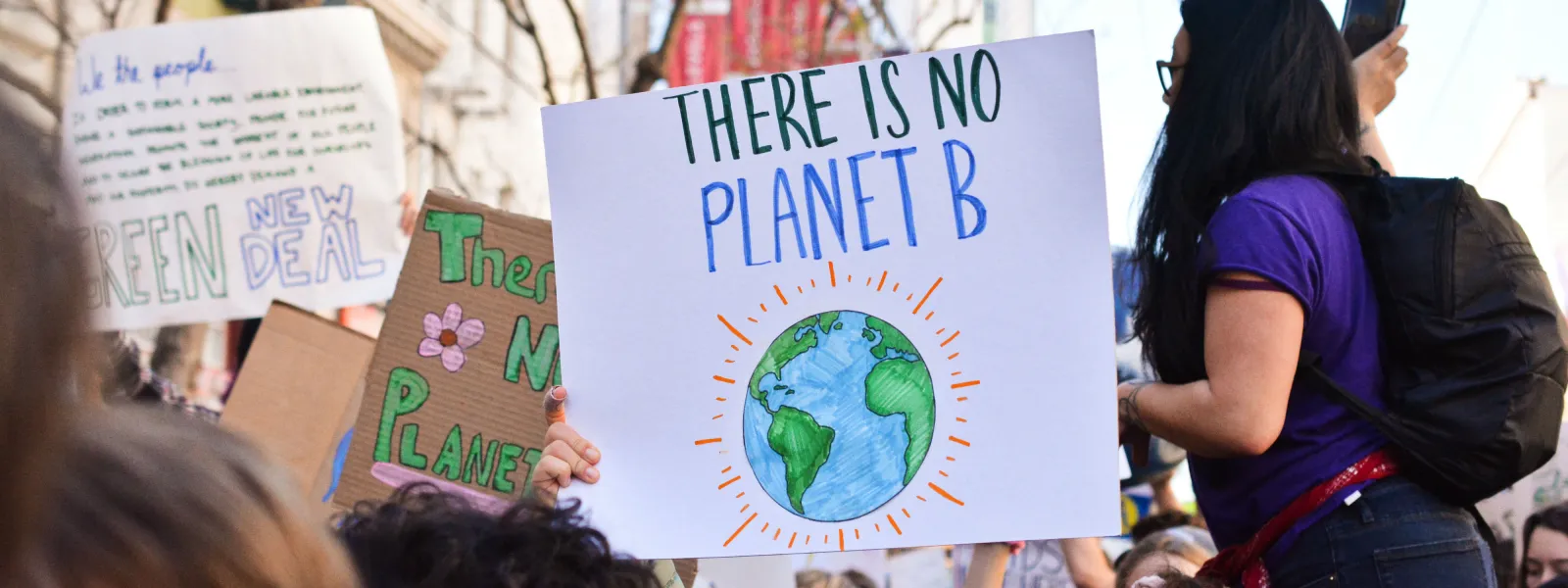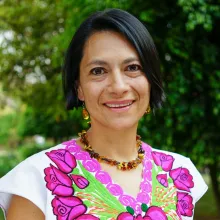
Human rights, the great absentees at the UN Climate Summit
Photo: Bob Blob en Unsplash.The United Nations Climate Action Summit on September 23rd was an interesting step toward the future. Some commitments were announced to confront the climate crisis. But one key aspect was absent: the express, transversal and decisive inclusion of human rights.
Goals of the global meeting included preventing the development of new coal projects, achieving zero net emissions by 2050, ending fossil fuel subsidies, and making those who pollute pay.
To this end, 19 states—supported by various organizations—worked in coalition to achieve goals on mitigation, social and political drivers, youth and public mobilization, energy transition, industrial transition, nature-based solutions, adaptation and resilience, climate finance and carbon pricing, as well as infrastructure, cities and local action.
Although previous meetings were held with indigenous peoples, and some coalitions recognized that solutions shouldn’t increase inequality—but be fair and include a gender perspective—what we needed was an explicit reference to human rights. It was conspicuous for its absence.
This is not a minor need.
It’s enough to see those who suffer first and worst the impacts of the climate emergency: families in Central America who, after losing their crops, leave everything behind to migrate to the United States; residents of the Bahamas, devastated by Hurricane Dorian; and those who live in the Amazon, partially destroyed by fires.
The climate crisis is already affecting human rights. Michelle Bachelet, UN High Commissioner for Human Rights, called it their greatest threat.
Some measures to address the climate emergency actually aggravate it, while ignoring human rights. This is the case with wind projects and large hydroelectric dams in Brazil, Mexico, Colombia and Honduras, which have been implemented without consulting local communities, some of them indigenous.
It was therefore essential that world leaders use Summit to expressly include in their commitments a respect for human rights, a recognition already found in the Paris Agreement.
That did not happen.
Nevertheless, hope is fuelled by growing awareness, which increases pressure on governments, companies and other sectors to contribute more.
Millions of students around the world are on strike and dropping out of school on Fridays. Mobilizations have multiplied and so have their supporters.
Having true ambition for climate justice means putting human rights at the center of our solutions, not least because indigenous and traditional communities have knowledge essential to preserving the planet.
Astrid Puentes

Astrid Puentes Riaño was one of the two Co-Executive Directors of AIDA (2003-2021). She was responsible for AIDA’s legal efforts and organizational management. Originally from Colombia, Astrid has significant experience linking environmental protection with human rights, and climate change, highlighting the importance to prioritize climate justice. For over twenty years she has been working on public interest litigation, especially in the field of human rights, the environment, and climate change. Astrid holds an LL.M. in Comparative Law from the University of Florida, a Masters in Environmental Law from the University of the Basque Country, and a J.D. from the Universidad de Los Andes, Colombia. Astrid has also taught several seminars and classes on human rights, the environment and climate change, including at American University Law School in Washington, and the Universidad Nacional Autónoma de México (UNAM).
